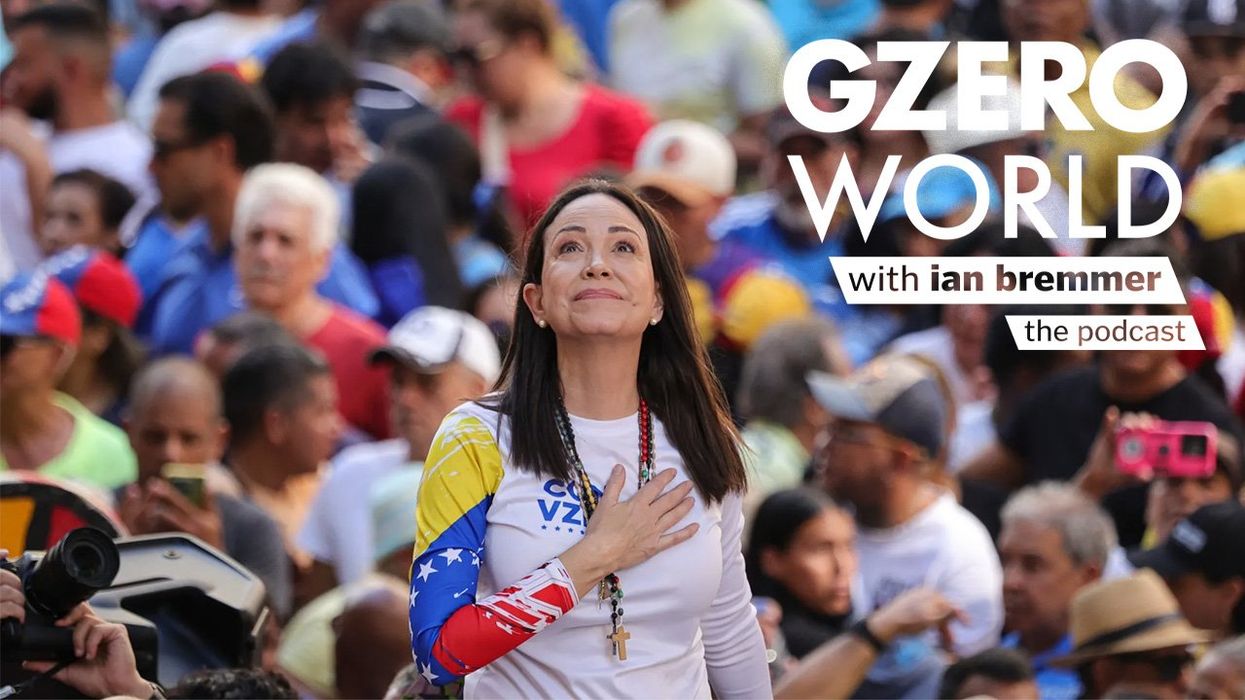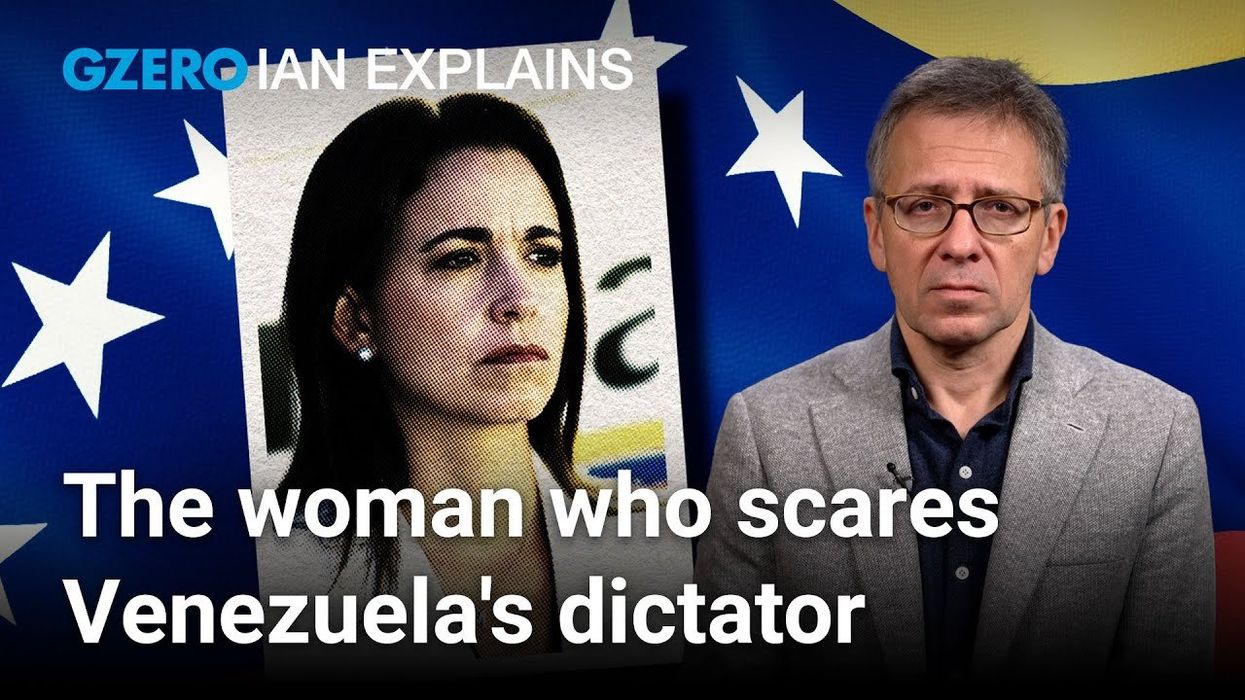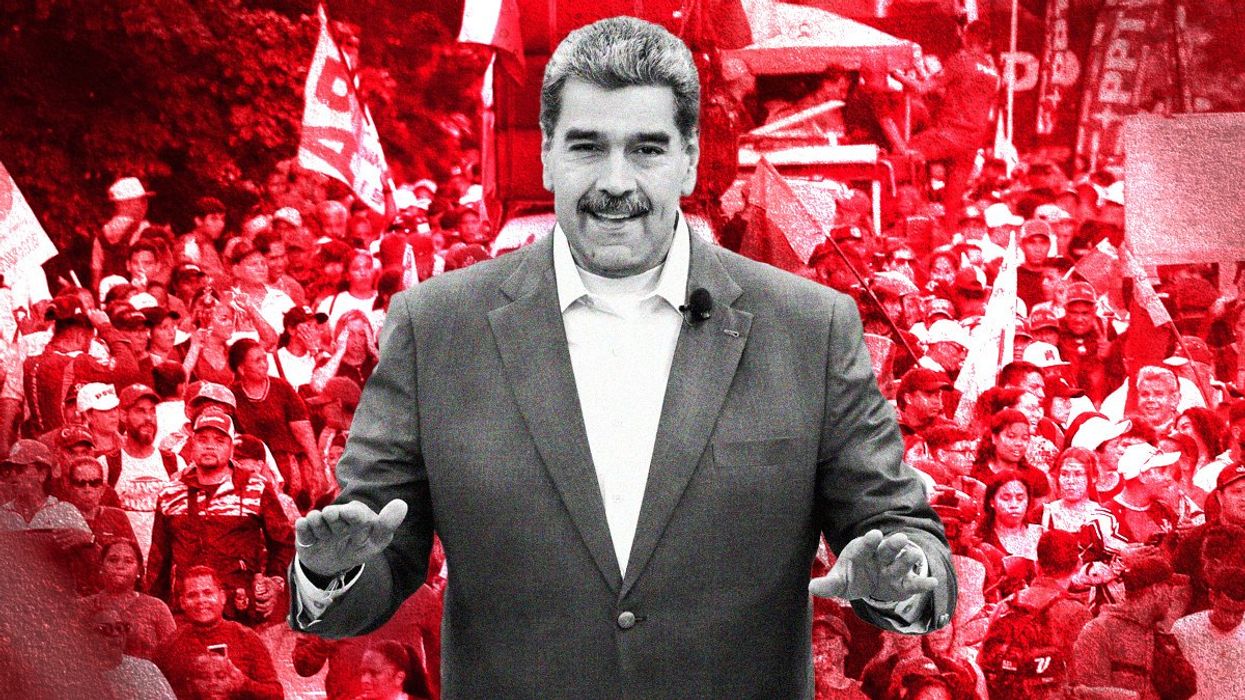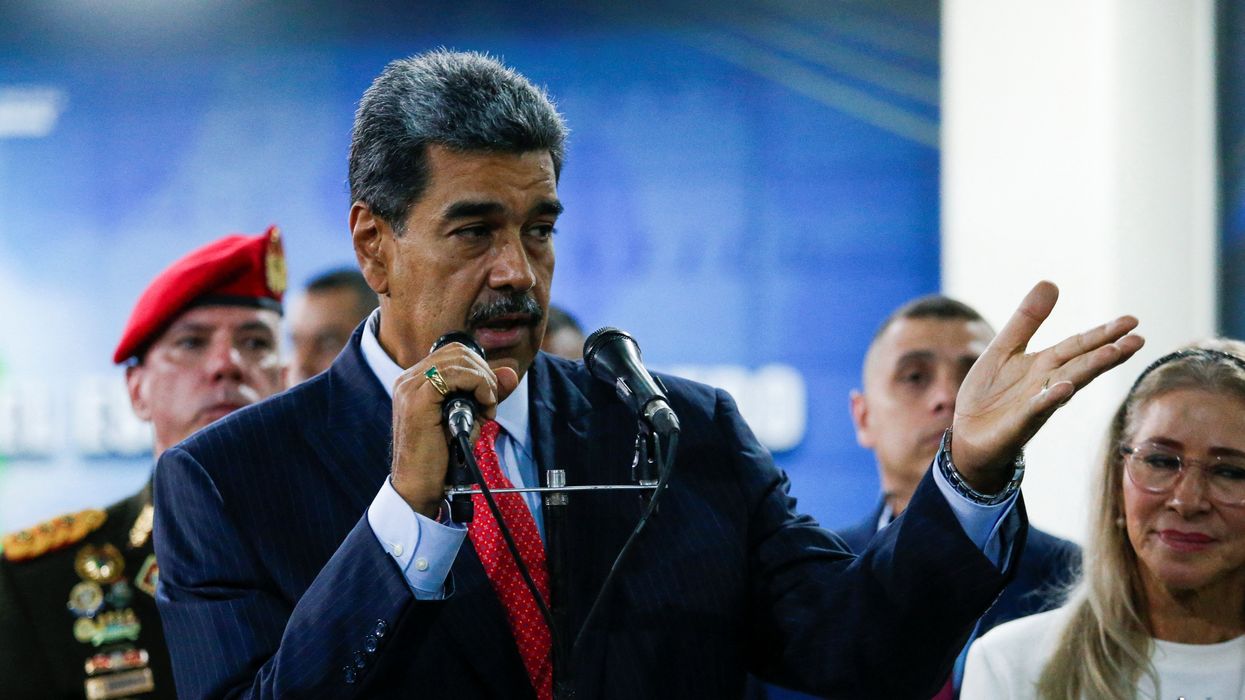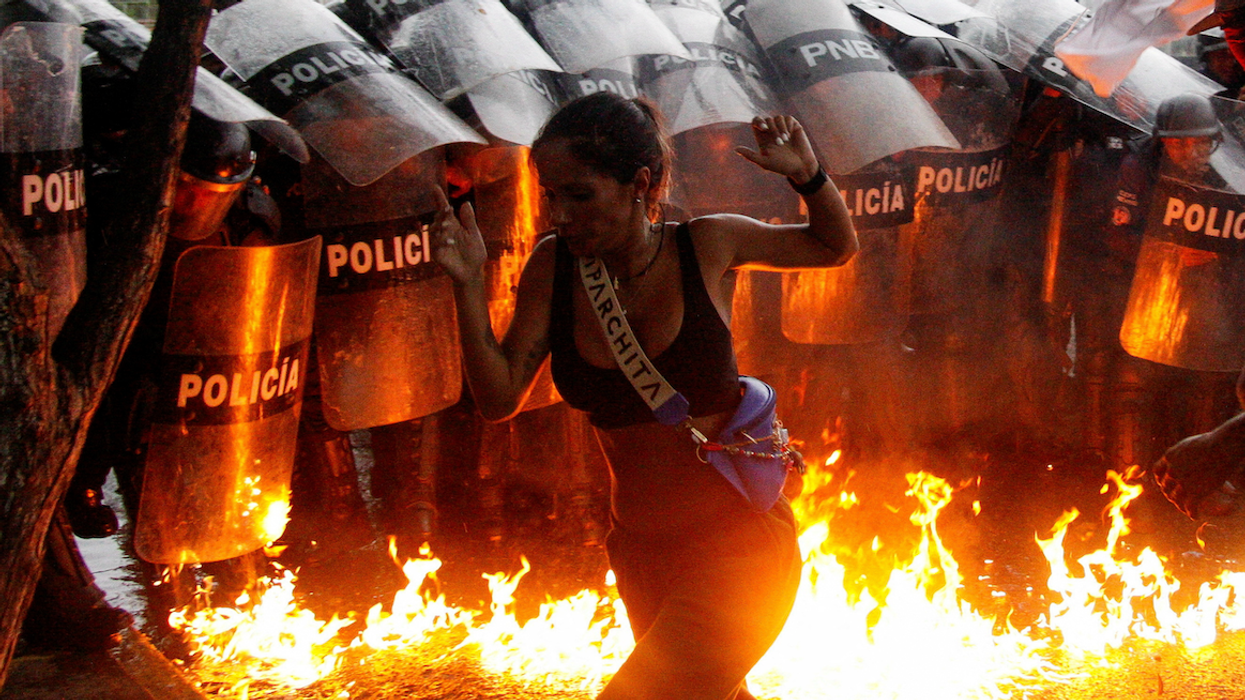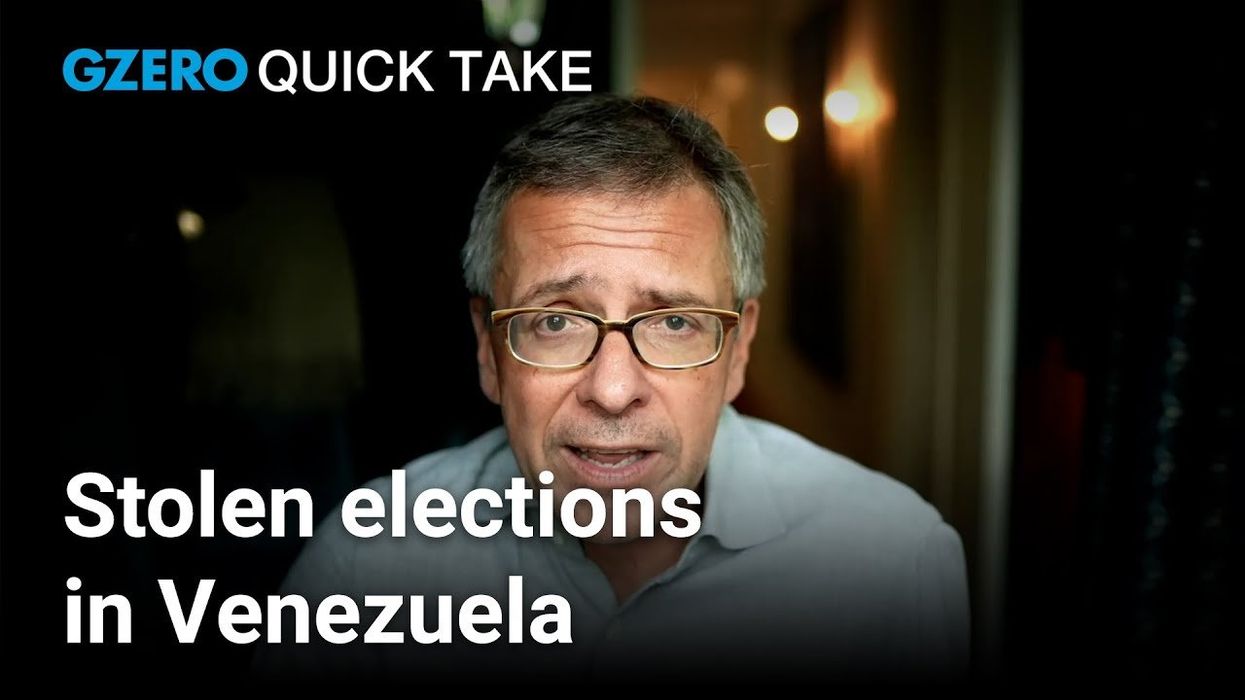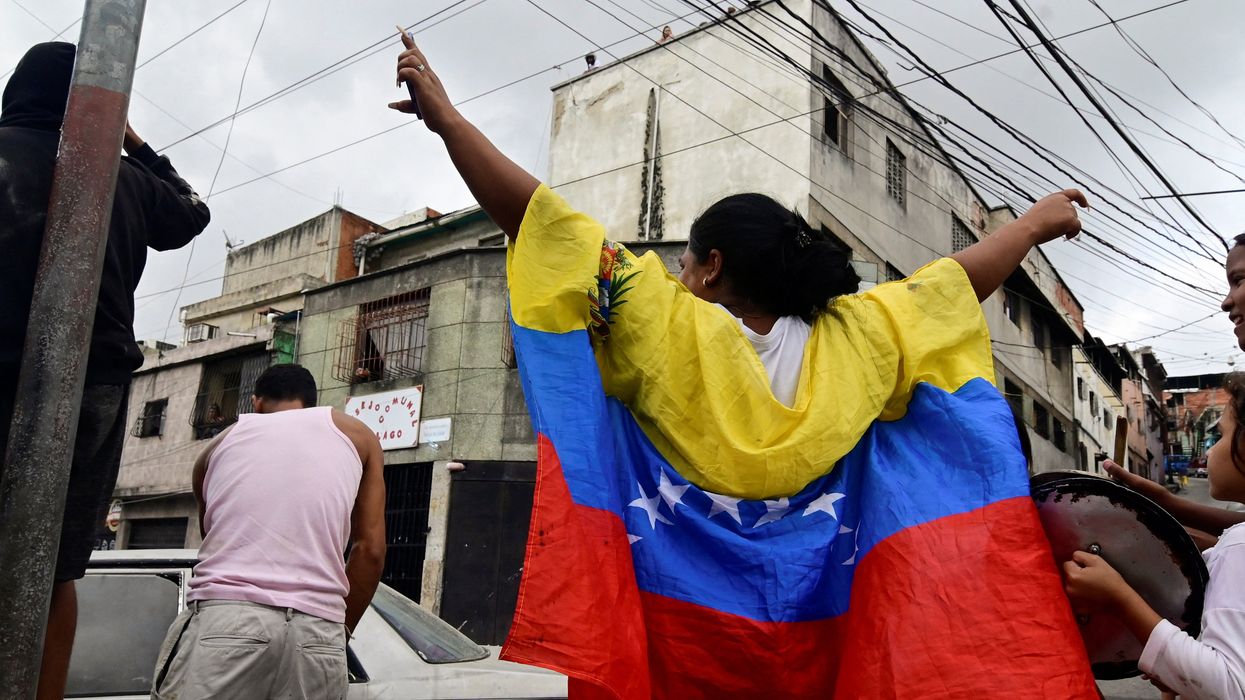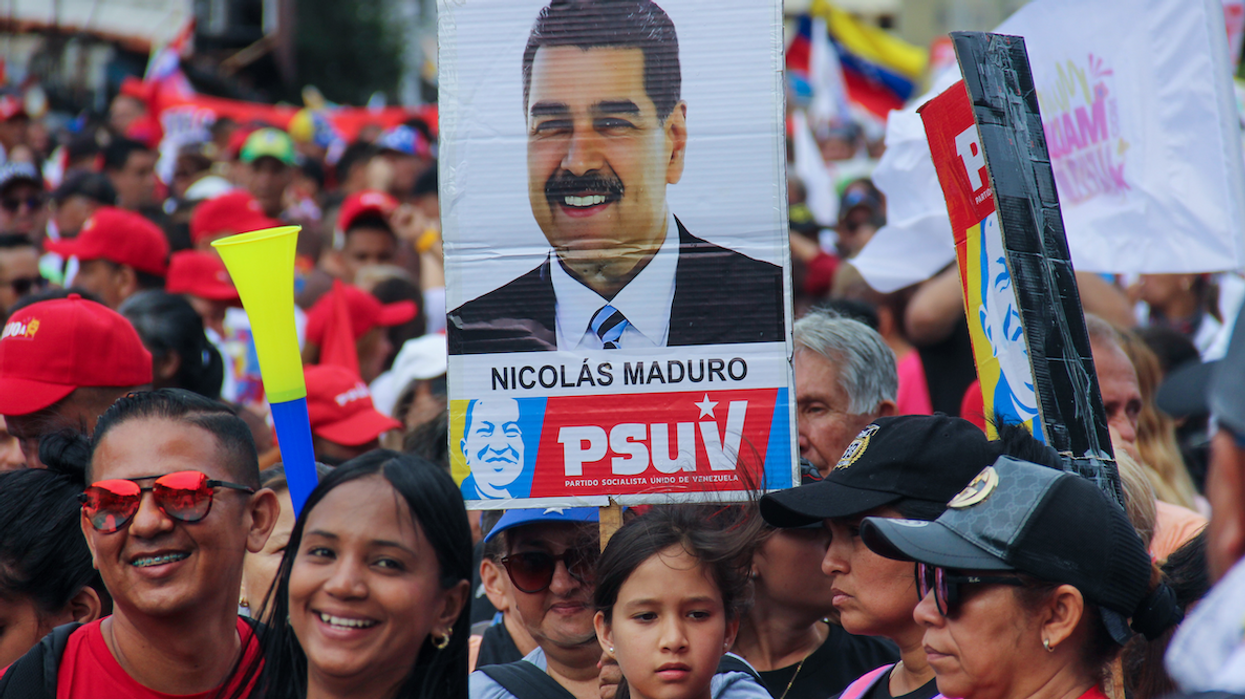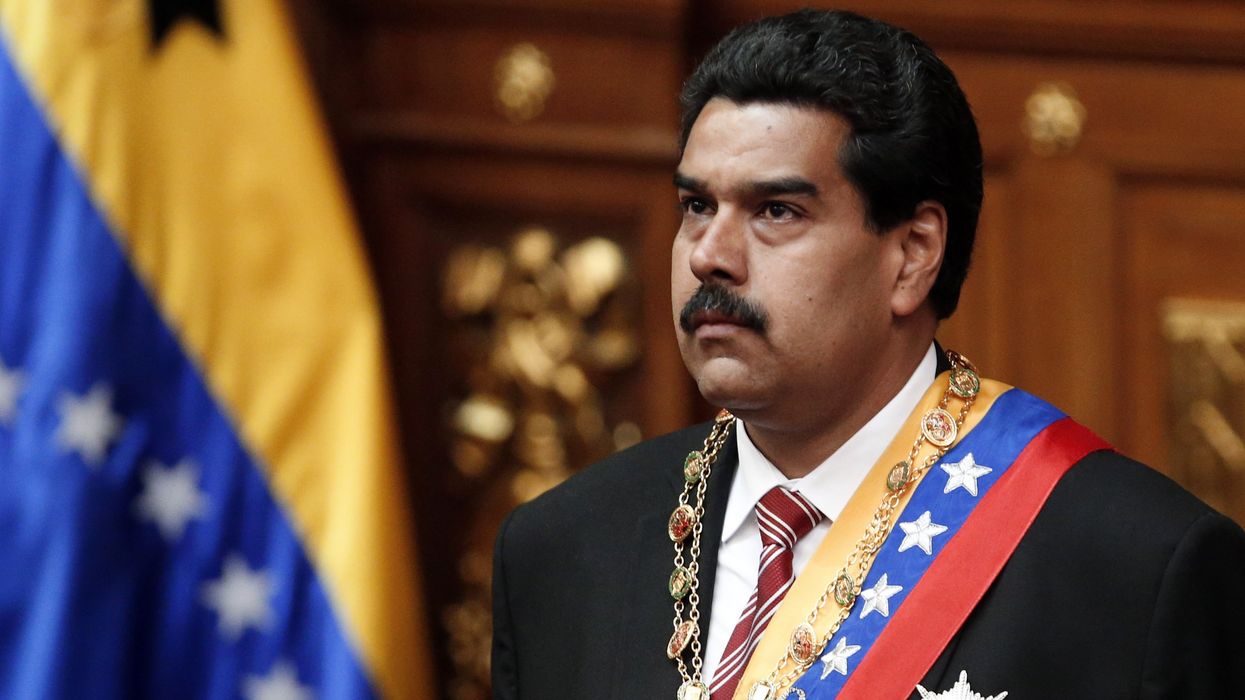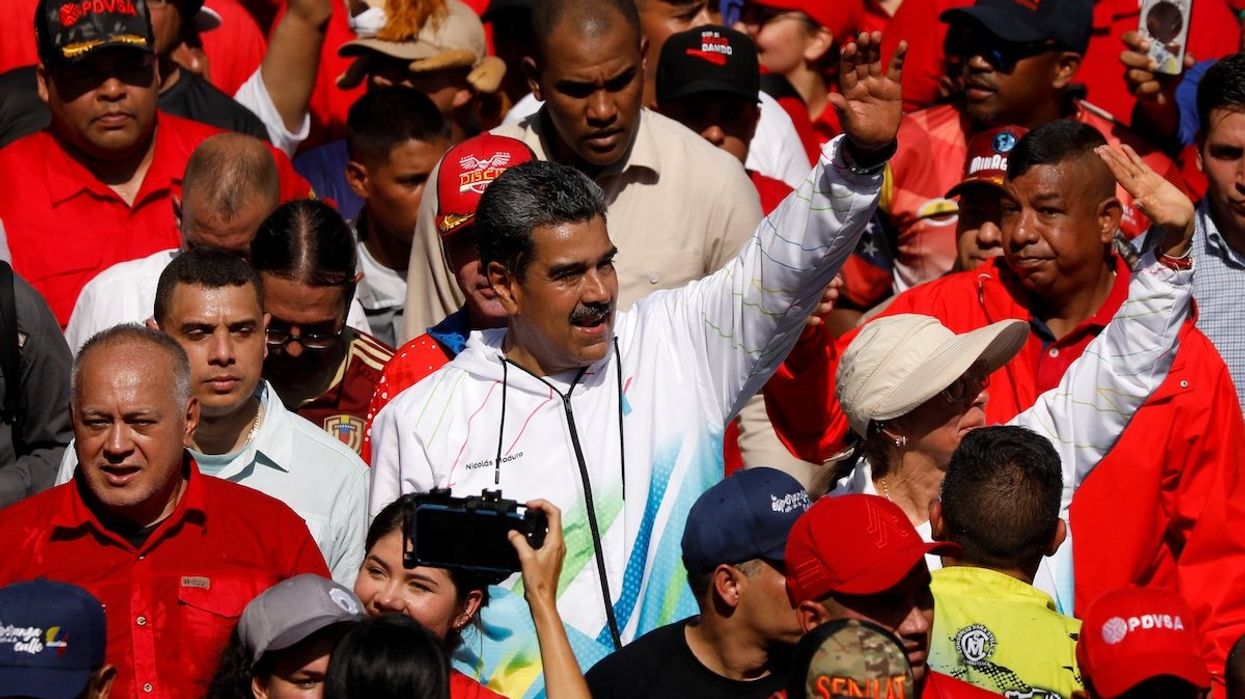GZERO World with Ian Bremmer Podcast
Venezuela's opposition leader María Corina Machado says Maduro's days are numbered
Listen: On the GZERO World Podcast, Ian Bremmer sits down with Venezuela’s most prominent opposition leader, María Corina Machado, who remains in hiding. They discussed the future of her country, the role of the United States, and why she believes Nicolás Maduro’s grip on power is weaker than it seems.
Apr 05, 2025
